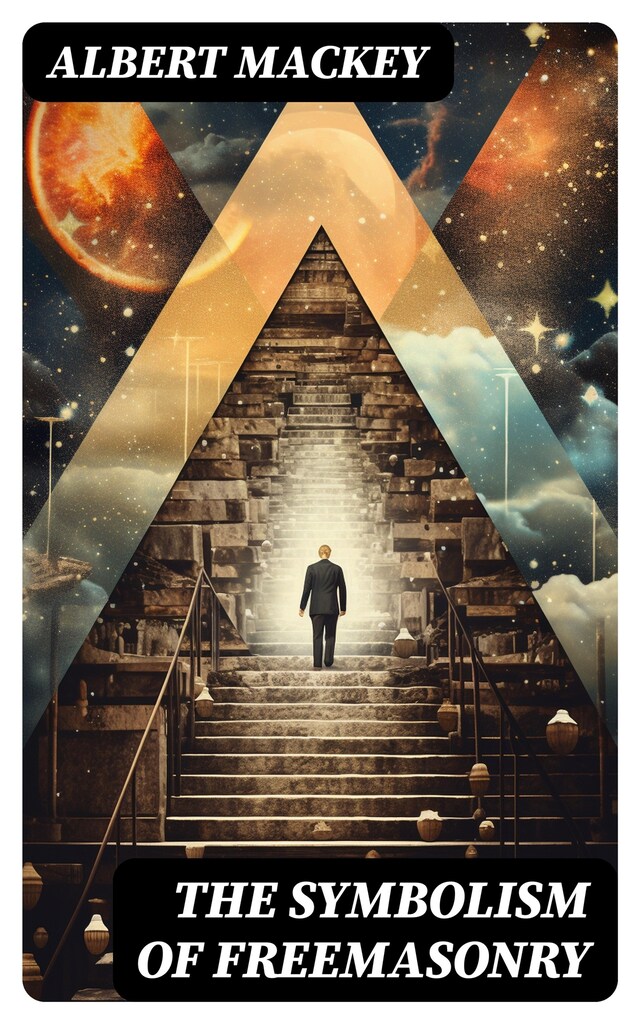The Symbolism of Freemasonry
Description of book
In "The Symbolism of Freemasonry," Albert Mackey meticulously explores the intricate world of Masonic symbols, offering readers an in-depth examination of the philosophical and historical underpinnings of Freemasonry. Mackey employs a scholarly yet accessible literary style, interweaving rigorous analysis with engaging prose. Through a detailed exploration of symbols such as the square and compasses, the author reveals how these emblems serve not merely as decorative motifs but as profound representations of ethical and moral teachings within the Masonic tradition. This work is situated within the context of 19th-century Masonic literature, reflecting the movement's surge in popularity alongside the broader cultural revival of interest in esoteric knowledge and secret societies during this period. Albert Mackey, a prominent 19th-century Freemason and scholar, played a vital role in shaping Masonic thought through his extensive writings and contributions to Masonic education. His profound understanding of Masonic philosophy and history, combined with his passion for demystifying its practices, motivated him to create this foundational text, offering insight not only to Masons but also to those intrigued by the secrets and symbolism of this ancient fraternity. Mackey's work is essential reading for anyone interested in the complexities of Freemasonry, whether a dedicated member or simply a curious outsider. By unraveling the meanings and implications of Masonic symbolism, Mackey transforms a potentially opaque topic into an engaging dialogue that welcomes readers into a deeper understanding of the ethical frameworks that underpin Freemasonry. This book is indispensable for scholars, students, or anyone seeking to illuminate the mysteries surrounding this storied institution.
 Albert Mackey
Albert Mackey 333 Pages
333 PagesFill your life with stories
from €7.99/month
Enjoy a world of audiobooks and e-books. No commitments. Cancel at any time.
